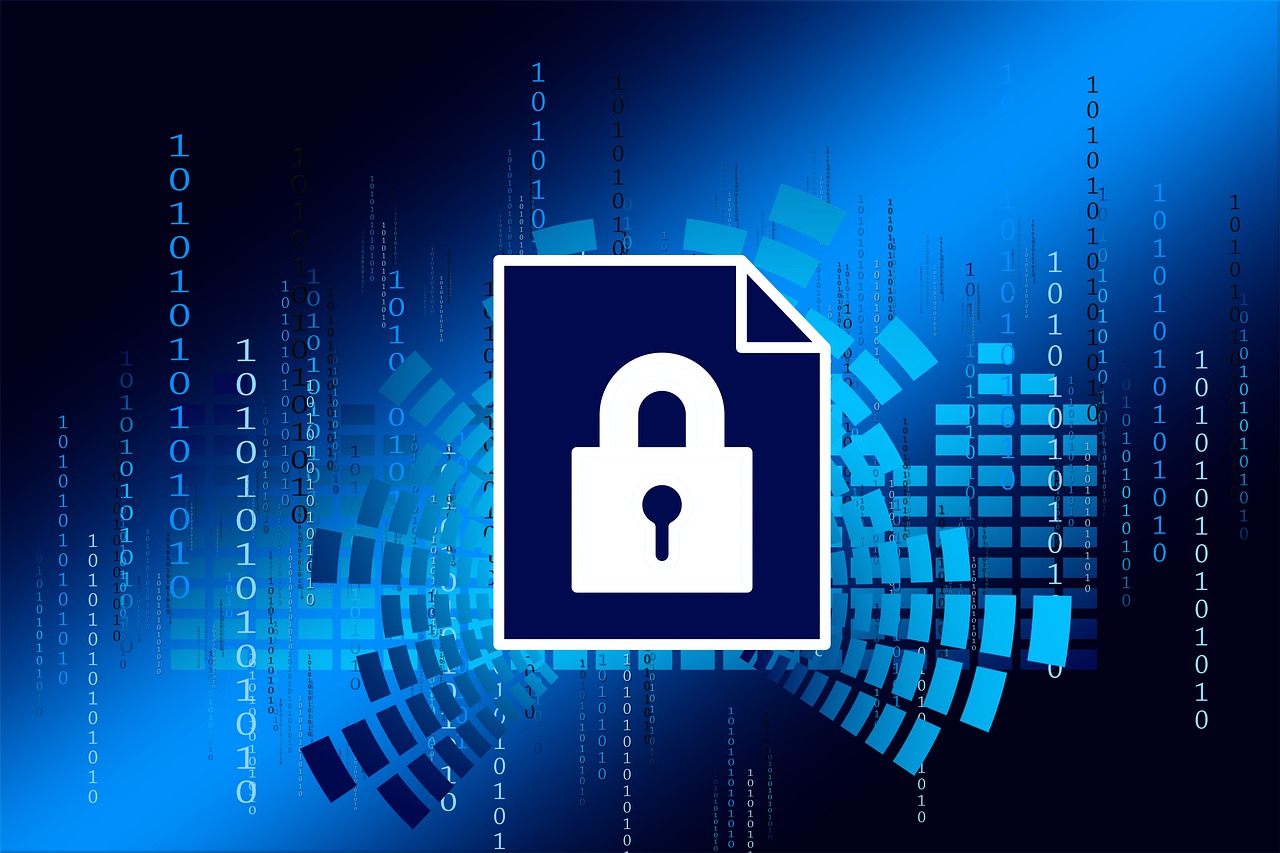Cybersecurity has become paramount for businesses across the globe. As technology advances, so do the threats. Recognizing this, the U.S. Securities and Exchange Commission (SEC) has introduced new rules. They revolve around cybersecurity. These new SEC cybersecurity requirements are set to significantly impact businesses.
These rules are a response to the growing sophistication of cyber threats. As well as the need for companies to safeguard their sensitive information.
Let’s delve into the key aspects of these new SEC regulations. We’ll review what they are and discuss how they may affect your business.
Understanding the New SEC Cybersecurity Requirements
The SEC’s new cybersecurity rules emphasize the importance of proactive cybersecurity measures. These are for businesses operating in the digital landscape. One of the central requirements is the timely reporting of cybersecurity incidents. The other is the disclosure of comprehensive cybersecurity programs.
The rules impact U.S. registered companies. As well as foreign private issuers registered with the SEC.
Reporting of Cybersecurity Incidents
The first rule is the disclosure of cybersecurity incidents deemed to be “material.” Companies disclose these on a new item 1.05 of Form 8-K.
Companies have a time limit for disclosure. This is within four days of the determination that an incident is material. The company should disclose the nature, scope, and timing of the impact. It also must include the material impact of the breach. One exception to the rule is where disclosure poses a national safety or security risk.
Disclosure of Cybersecurity Protocols
This rule requires extra information that companies must report. They report this on their annual Form 10-K filing.
The extra information companies must disclose includes:
- Their processes for assessing, identifying, and managing material risks from cybersecurity threats.
- Risks from cyber threats that have or are likely to materially affect the company
- The board of directors’ oversight of cybersecurity risks
- Management’s role and expertise in assessing and managing cybersecurity threats.
Potential Impact on Your Business
Is your business subject to these new SEC cybersecurity requirements? If it is, then it may be time for another cybersecurity assessment. Penetration tests and cybersecurity assessments identify gaps in your protocols. They help companies reduce the risk of cyber incidents and compliance failures.
Here are some of the potential areas of impact on businesses from these new SEC rules.
- Increased Compliance Burden
Businesses will now face an increased compliance burden. This is as they work to align their cybersecurity policies with the new SEC requirements. This might cause a significant overhaul of existing practices, policies, and technologies. Ensuring compliance will likely mean a large amount of time and resources. This impacts both large corporations and smaller businesses
- Focus on Incident Response
The new regulations underscore the importance of incident response plans. Businesses will need to invest in robust protocols. These are protocols to detect, respond to, and recover from cybersecurity incidents promptly. This includes having clear procedures for notifying regulatory authorities, customers, and stakeholders. This would be a notification in the event of a data breach.
- Heightened Emphasis on Vendor Management
Companies often rely on third-party vendors for various services. The SEC’s new rules emphasize the need for businesses to assess vendor practices. Meaning, how vendors handle cybersecurity. This shift in focus necessitates a comprehensive review. That review should be of existing vendor relationships. It may mean finding more secure alternatives.
- Impact on Investor Confidence
Cybersecurity breaches can erode investor confidence and damage a company’s reputation. With the SEC’s spotlight on cybersecurity, investors are likely to take note. This includes scrutinizing businesses’ security measures more closely. Companies with robust cybersecurity programs may instill greater confidence among investors. This can potentially lead to increased investments and shareholder trust.
- Innovation in Cybersecurity Technologies
As businesses strive to meet the new SEC requirements, they will seek innovation. There is bound to be a surge in the demand for advanced cybersecurity solutions. This increased demand could foster a wave of innovation in the cybersecurity sector. This could lead to the development of more effective cyber protection solutions.
The SEC Rules Bring Challenges, but Also Possibilities
The new SEC cybersecurity requirements mark a significant milestone. This is a milestone in the ongoing battle against cyber threats. While these regulations pose challenges, they also present opportunities. The opportunities are for businesses to strengthen their cybersecurity posture. As well as enhancing customer trust, and fostering investor confidence.
By embracing these changes proactively, companies can meet regulatory expectations. They can also fortify their defenses against the ever-evolving landscape of cyber threats. Adapting to these regulations will be crucial in ensuring long-term success. As well as the resilience of your business.
Need Help with Data Security Compliance?
When it comes to ensuring compliance with cybersecurity rules, it’s best to have an IT pro by your side. We know the ins and outs of compliance and can help you meet requirements affordably.
Give us a call today to schedule a chat.
This Article has been Republished with Permission from The Technology Press.

